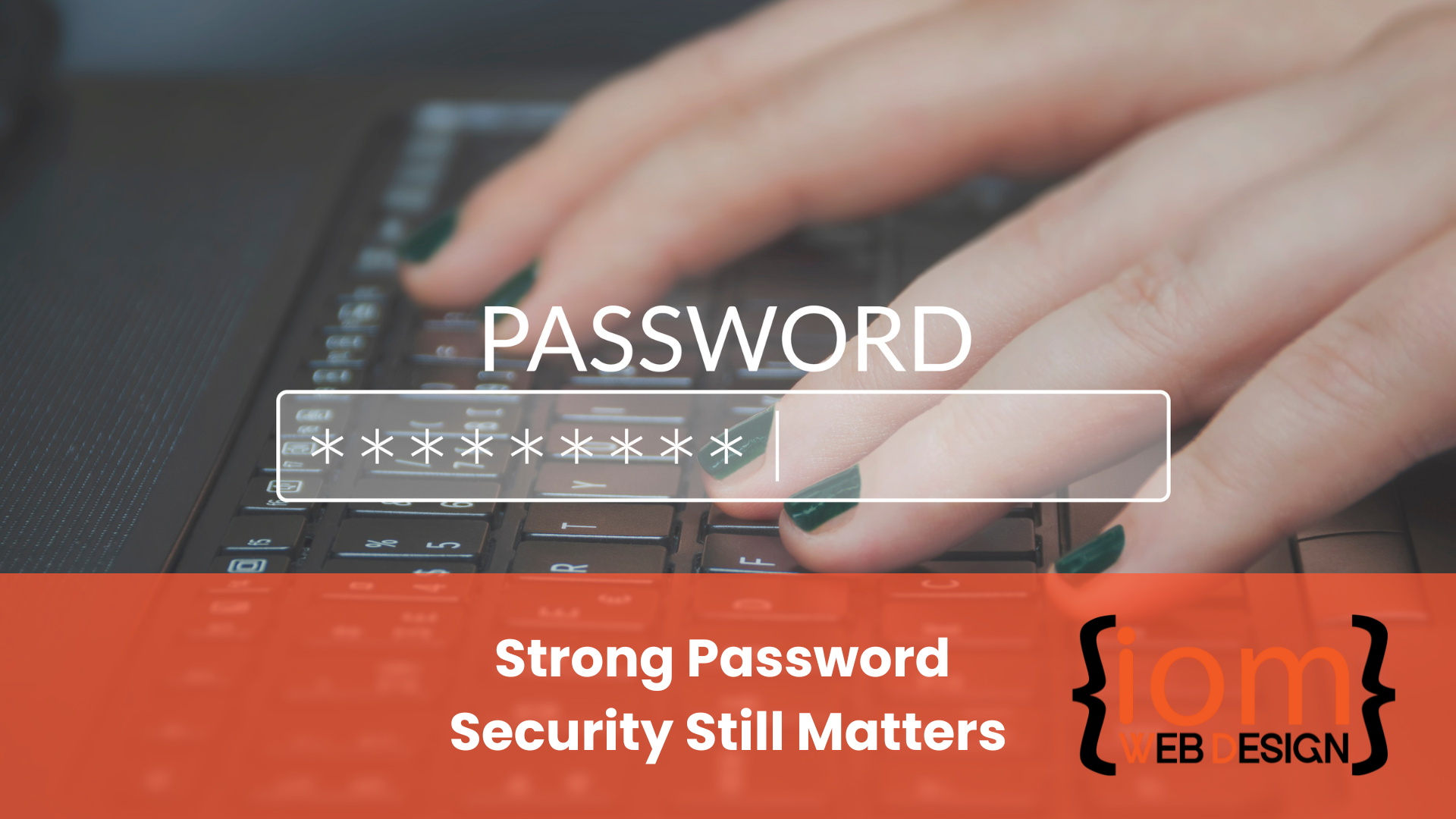The digital world is moving faster than ever. Businesses and individuals now rely on online platforms for almost every aspect of daily life. From banking to client communications, the convenience of being connected comes with an unavoidable risk: security breaches. One of the most common entry points for cybercriminals remains weak or compromised passwords.
Passwords are the first line of defence against unauthorised access. Yet too often they are treated as an afterthought. Using the same password across multiple accounts, keeping them short for convenience, or avoiding updates altogether creates vulnerabilities that attackers are quick to exploit and more and more we see data leaks and hacks taking place due to a simple yet avoidable action.
Why length and complexity matter
A strong password should be complex, long, and unpredictable. Random combinations of letters, numbers, and symbols increase the time it would take to crack them. But length is equally important. A 15-character password with mixed case and symbols is significantly harder to break than an 8-character alternative, no matter how creative that shorter version looks.
The challenge for many people is finding the balance between something memorable and something secure. A phrase with substitutions might feel strong, but modern cracking tools are built to test common patterns. That means attackers can break through “clever” shortcuts like replacing “a” with “@” or “s” with “$” in a fraction of the time once thought safe.
This is why the most reliable approach is randomness. By generating passwords that follow no logical pattern, you eliminate the risk of falling into predictable habits.
The role of password generators
Not everyone wants to spend time thinking of random strings of letters and numbers. That is where password generators are invaluable. They remove guesswork, deliver instant results, and ensure every password you create is both unique and secure.
At createmypassword.co.uk, our new FREE Password Generator Tool, you can generate passwords tailored to your needs in seconds. The tool lets you choose length, add symbols, exclude confusing characters, and even avoid repeats. Each password is generated locally in your browser — nothing is stored or sent anywhere. You stay in control, and your data remains private.
The generator also provides clear feedback on the strength of the password, including how long it might take to crack using both theoretical brute force methods and more realistic real-world cracking estimates. This gives users context, helping them see why a longer, more complex password makes such a difference.
Why changing passwords matters
Even the strongest password should not be left unchanged for years. The longer a password is in use, the greater the risk that it will eventually be exposed in a data breach. Cybercriminals often trade stolen login details on underground markets, sometimes years after the initial breach. Updating credentials on a schedule reduces the chance of old information being used against you.
A good routine is to change important passwords — email, banking, cloud services — every few months. Less critical accounts can be rotated less often, but they should still never be left untouched indefinitely.
The case for password managers
For many people, remembering dozens of unique, complex passwords can feel overwhelming. That is where password managers come in. These tools store all of your passwords securely, allowing you to rely on a single strong master password. This approach removes the temptation to reuse simple passwords and provides a safer way to manage multiple accounts.
Combined with a password generator like createmypassword.co.uk, password managers make it simple to keep every account secure without memorising endless strings of characters.
Multi-factor authentication
Password security does not exist in isolation. Multi-factor authentication (MFA), where available, adds another layer of protection. Combining something you know (a password) with something you have (a phone or hardware key) dramatically reduces the chance of an intruder gaining access. Even if a password is compromised, the second factor can stop the attack in its tracks.
The cost of getting it wrong
No business can afford to ignore password security in 2025. Whether you manage a small website, run an e-commerce store, or handle client data, the cost of a breach is more than financial. It damages trust, reputation, and the confidence of the very people you are trying to serve.
For individuals, the risks include identity theft, financial fraud, and the loss of access to personal accounts. The fallout is stressful, time-consuming, and often expensive.
Making password habits simple
The good news is that strong security habits are not difficult to adopt. By using tools that make the process easier, like password generators and managers, you can maintain protection without it feeling like extra work. The key steps are simple:
- Generate long, random, unique passwords.
- Change them regularly, especially for critical accounts.
- Use a manager to store them safely.
- Enable multi-factor authentication wherever possible.
At the heart of these steps is the understanding that password security is not about convenience. It is about protecting your data, your business, and your future. And in a time where cyberattacks are only increasing, there are few investments of time that bring such a high return.
Our final thoughts on password security
At IOM Web Design, we believe strong passwords aren’t the only solution, but a foundation. Making the choice to update them, keep them secure, and use the right tools to manage them is one of the simplest ways to reduce the risk. It is a small habit with a significant impact, one that every business and individual should treat as essential and a must do.
#iomwebdesign #webdesign #marketing #supportinglocal #WordPress #Wix #smallbusiness
#websitecomparison #digitalmarketing #businessgrowth #onlinemarketing #isleofman #localbusiness #supportinglocal #passwordsecurity #createmypassword #freeonlinetools






